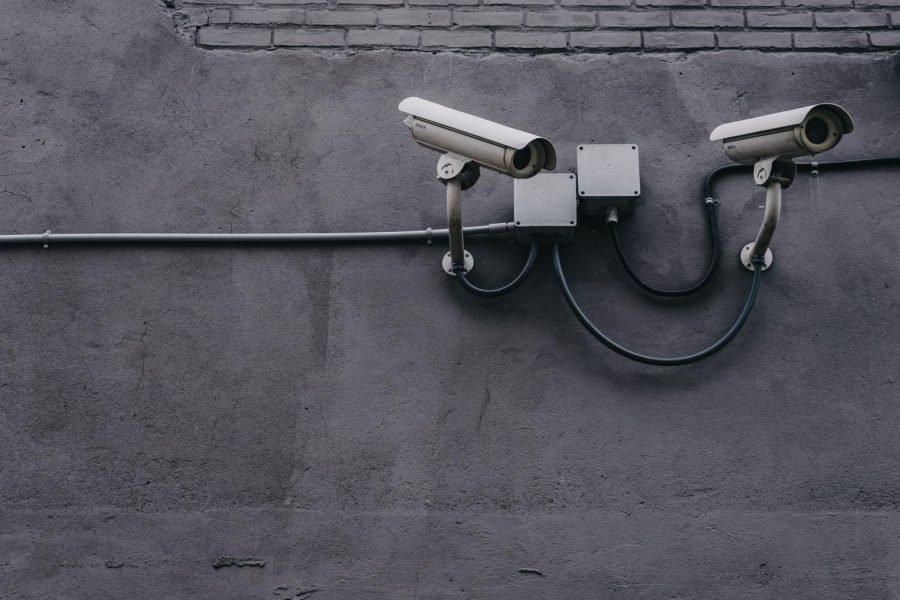China’s Social Credit System
January 6, 2020
Imagine a world where everything is analyzed. No one would be able to buy a train ticket, cross the street, or go grocery shopping without his or her every move being watched. This might sound far-fetched, but there are actually people living like this right now. China initiated the concept of its Social Credit System in 2014, and it is planned to go nationwide in 2020. In the system, everyone is given a score ranging from 350 to 950 based on their monitored behavior. Everyone starts with 1000 points. This score increases or decreases with people’s actions.
Cameras line the streets catching every movement that is made. Information collectors are paid to walk through their neighborhoods and to write down the deeds of their neighbors. Some punishable offenses include spending too much money on unnecessary items, posting too much on social media, buying beer, having a messy front yard and playing too many video games. The videos, collected from the street cameras, and lists, compiled by the information collectors, find their way onto the desk of a government employee, who will then assign a score to each action. This score is programmed into the person’s score report and the score changes accordingly.
The system was implemented to encourage citizens to be more responsible and trustworthy. Those with lower scores are punished and those with higher scores are rewarded. The “discredited” are kept from traveling, getting jobs, taking out loans, getting hotel rooms, and even sending their children to certain schools. In addition to taking away people’s rights, there is public shaming. Pictures of low-scored citizens are broadcast on television programs and phone apps list the people in the neighborhood who are in debt. People with high scores are rewarded by getting better interest at banks and discounted bills, and having their dating profiles appear more frequently on dating apps. The citizens who have high scores reap the benefits of the system. These citizens believe it encourages people to be better, promotes safety, and has improved society as a whole. Others resent the system’s punishments and harsh punishments.
Many of the system’s sufferers are desperate to raise their subpar scores, which poorly affect their day-to-day lives. They are desperate to raise their scores in any way possible. This includes doing hours of unpaid community service and donating money at a local community office. While the government claims the money goes to charity, it is not really certain where it is going, but the more a person gives, the more points he or she gets.
While this system might seem like it came right out of a Black Mirror episode, many of the citizens find it necessary and believe it keeps their communities running efficiently and safely. The government plans to implement the program nationwide in 2020.


















































































































































